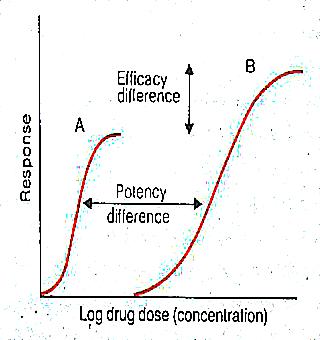Home >
Erectile Dysfunction >
Analyzes for diagnosing problems with potency
Analyzes for diagnosing problems with potency

Reduced potency can be associated with various factors and reasons, both external (for example, an unfavorable environment for lovemaking) and physiological. The latter require close attention, especially if erectile dysfunction is regular and is observed for more than 3 months in a row.
It is possible to cure impotence if you detect it in a timely manner and contact a specialist who will prescribe all the necessary tests, and then a course of treatment. Among the possible diagnostic methods, the following are most common: 1. Identification of genital infections. Such diseases are very dangerous for both partners, since they can be asymptomatic, but at the same time disrupt the usual sexual activity. It is necessary to be examined if a man feels itching or burning in the groin area, and at the same time he has atypical discharge from the penis. In this case, scraping or bacterial culture will be required to obtain a reliable result.
USEFUL TIP: To ensure a normal erection and the health of the reproductive system, doctors recommend that men undergo preventive tests for genital infections annually, as well as every time after changing a sexual partner
2. Analysis for the level of testosterone (male sex hormone). This examination is prescribed to diagnose infertility, prostatitis, malignant tumors in the genitals or with a decrease in male strength.
Brief information: testosterone is an androgenic hormone that is present in the blood of men and is responsible for puberty, normal functioning of the genitals and the formation of secondary sexual characteristics
3. Spermogram - determines the ability of sperm to fertilize an egg. The doctor examines the semen sample under a microscope for indicators such as color, viscosity and active sperm count. This test is important for couples planning a pregnancy. 4. Analysis for micro and macro elements. The results of this study will help identify health problems, as well as the causes of impotence in men. 5. FSH or follicle-stimulating hormone test - is responsible for the process of sperm maturation. FSH is prescribed with a decrease in potency, suspicion of infertility or growth retardation. Also, to detect erectile dysfunction, the doctor may additionally prescribe an ultrasound of the thyroid gland, cardiogram, fluorography, general blood and urine analysis. After all, our body is an integral system, so it needs to be studied in a comprehensive manner. Weak potency is sometimes associated with the appearance of an inflammatory disease such as prostatitis. To diagnose it, blood is taken from the patient, which is checked for the presence of the so-called prostate-specific antigen. Also, this analysis makes it possible to timely detect a tumor of the prostate gland. To confirm whether a man has erectile dysfunction, the doctor prescribes a DHT test.
Rules for preparing for examinations
In order to prepare for the collection of material for the presence of genital infections, it is necessary, first of all, to give up any sexual contacts a few days before the analysis. Do not urinate 2-3 hours before direct sampling. Testosterone levels are determined by testing the blood serum. The result may change at different times of the day, as well as due to the intake of hormonal drugs and diet. In addition, smoking, physical activity and stressful situations are excluded before taking the analysis. The reliability of the results can be affected by the use of coffee, strong sweet tea, juices, therefore, on the day of collection of biological materials, these drinks are replaced with non-carbonated water. Before being tested for dihydrotestosterone (DHT), do not eat for 8 hours, and any physical activity is prohibited. If you are taking medications that should not be missed, be sure to inform your doctor and the laboratory assistant who will perform the analysis.
How to decode the results
Only a doctor can correctly interpret the test results and make a diagnosis, and if the indicators are abnormal, this should alert. Ideally, the test for testosterone levels should be in the range of 2.6 to 11 ng / ml. These figures may be underestimated if the patient has:
- Down syndrome
- overweight
- chronic prostatitis
- uremia
- liver failure
Elevated testosterone levels may be associated with early puberty, tumors, or adrenal disease. Normal indicators of the analysis for DHT should be from 250 to 990 pg / ml, and the norm of the FSH hormone - 0.7-11.1 mU / ml.



























